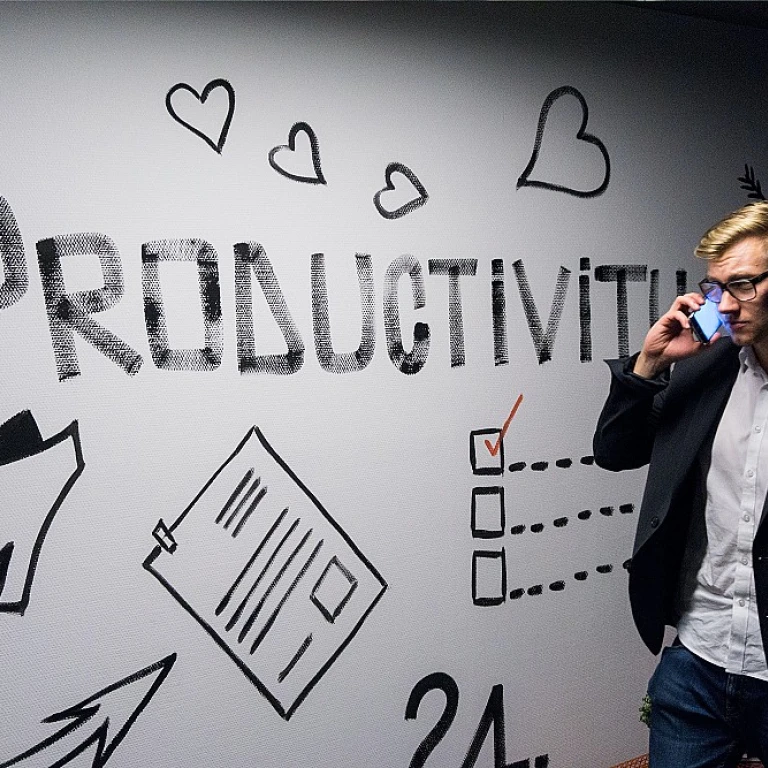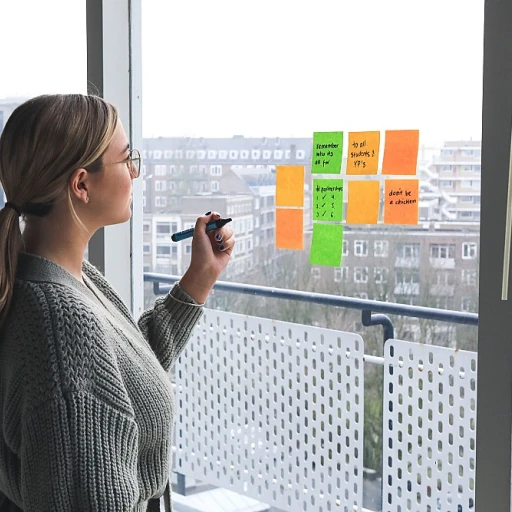
Understanding the Importance of Communication Skills in 7th Grade
The Critical Role of Communication Skills in Academic Success
Developing strong communication skills is crucial for middle school students, particularly in 7th grade. At this stage, students are at a pivotal point in their education, where effective speech and language capabilities can significantly impact their academic journey. Strong communication skills enable students not only to articulate thoughts clearly but also to engage in active problem solving, support their learning through social interaction, and demonstrate language accuracy in both written and verbal forms.
In middle school, children are often required to participate in group activities, present ideas, and collaborate on projects. Without well-developed social skills, students may struggle to achieve short-term goals set by speech therapy or education plans. Speech therapy plays a vital role in bridging these gaps, often through strategies designed to enhance student's linguistic capabilities and confidence, setting the foundation for future successes.
According to language pathologists, speech therapy with a focus on social communication should be a tailored approach, meeting the individual needs of each student. This involves identifying specific speech challenges that may hinder a child’s ability to achieve academic goals. By collaborating with therapists, educators, and mentors, a clearer understanding of the student's required support can be outlined, thereby ensuring personalized intervention plans are in place.
It's essential to recognize that communication skills are not just valuable within the classroom. They form the backbone of a child's ability to express ideas, resolve conflicts, and build relationships outside the school environment. By prioritizing the development of these skills during this impressionable school year, educators and parents lay the groundwork for more effective communication in adult life as well.
For insights into what makes an exceptional mentor who can guide students effectively through this developmental journey, explore this resource to understand the attributes that foster impactful mentorship.
Identifying Common Challenges in 7th Grade Speech Development
Recognizing Challenges in Speech Development
Understanding the unique obstacles that seventh graders face in building effective communication skills is crucial. During this period, students often encounter hurdles in articulation and expression, which can impact their social interactions and academic achievements. These challenges can stem from a variety of sources:- Speech Sound Disorders: Many middle school children experience difficulties with specific speech sounds. Speech therapy plays a vital role in helping these students achieve greater accuracy.
- Social Skills Deficits: Developing strong social communication skills can be challenging. Students may struggle with reading social cues or engaging in conversations effectively.
- Language Delays: Delays in language development can further complicate a child's ability to express ideas clearly. This can hinder the student’s progress throughout the school year.
- Public Speaking Anxiety: Fear of public speaking is common among children in this age group. Building confidence in public speaking is essential for personal and academic growth.
Setting Realistic Speech Therapy Goals
Crafting Targeted Speech Therapy Plans
Developing effective speech therapy plans for middle school students, particularly in the 7th grade, involves setting personalized and realistic goals. These goals not only enhance a child's communication skills, but also aid in their overall educational journey. Speech language pathologists (SLPs) play a pivotal role in this process, collaborating with educators to craft individualized education program (IEP) goals that are specifically tailored to each student's needs.
IEP goals aim to address specific speech and language problems identified during assessments. For instance, an SLP may focus on helping a child improve the accuracy of their speech sounds or increase their use of language in social contexts. It's essential that these goals are measurable and doable within the school year, ensuring that both the teacher and the SLP have clear markers of progress.
- Speech Sound Goals: Student will demonstrate improvement in articulating difficult speech sounds through structured speech therapy activities, enhancing both clarity and confidence in communication.
- Social Communication Skills: Child will participate in peer group activities designed to foster language practice, thus elevating their ability to engage socially within the school environment.
- Problem Solving and Language Use: Student will identify and use problem-solving strategies in role-play scenarios to increase both cognitive and expressive language skills.
The achievement of these short-term goals not only bolsters a child's communication abilities but also contributes to building their self-esteem. By the end of the school year, students will ideally have made discernible progress in their verbal expressions and social interactions. Effective communication is not solely an educational goal, but a lifelong skill thats critical for personal and academic success.
The goals should be periodically reviewed and adjusted according to the child's progress and changing needs. To effectively enhance communication skills across different areas, educators and SLPs must ensure that the objectives set align with both the speech and broader educational goals, ultimately promoting holistic development.
Understanding the ethical landscape in professional mentoring (Ethical principles in mentoring) also plays a significant role in guiding these processes, ensuring that the plans remain student-centered and ethically sound.
Effective Techniques for Enhancing Social Communication
Strategies for Boosting Social Communication Abilities
Improving social communication skills is vital for 7th graders, creating a strong foundation for future success in both personal and academic areas. Developing these skills in speech therapy involves a combination of strategies tailored to the unique needs of each student.- Role-playing Activities: Engaging in role-playing scenarios helps students practice real-world social interactions. This method is beneficial in enhancing problem-solving abilities and allows students to experiment with different responses to common social situations.
- Social Stories: These are short narratives designed to illustrate common social situations and appropriate responses. They help students understand social norms, enhancing their ability to navigate various social settings.
- Peer Interaction: Encouraging students to interact with peers in structured settings can significantly boost their confidence. Group activities in middle school provide a safe space for students to exercise their social skills while receiving constructive feedback from peers and therapists alike.
- Targeted Feedback: Providing specific feedback allows students to understand their communication errors and successes. Language pathologists play a crucial role in delivering corrective feedback, which informs students about their progress and areas needing improvement.
- Routine Practice: Like any skill, regular practice is essential. Daily communication exercises, either in therapy sessions or at home, can ensure consistent progress. Practicing greetings, conversational skills, and the use of appropriate speech language is crucial for skill retention.
Building Confidence in Public Speaking
Fostering Confidence in Young Speakers
Building confidence in public speaking is a crucial part of enhancing communication skills for 7th graders. At this stage, students are navigating the complexities of middle school, where effective communication can significantly impact their social interactions and academic performance. Speech therapy goals often include boosting a child's self-assurance in speaking situations, which is essential for their overall development.
Confidence in public speaking doesn't come overnight. It requires a combination of practice, encouragement, and structured activities. Speech-language pathologists (SLPs) play a vital role in this process, using various strategies to help students overcome their fears and anxieties related to speaking in public.
Strategies for Building Public Speaking Confidence
- Gradual Exposure: Start with small, manageable speaking tasks. This could involve speaking in front of a small group of peers before gradually increasing the audience size.
- Role-Playing Activities: Engage students in role-playing exercises to simulate real-life speaking scenarios. This helps them practice and refine their speech skills in a controlled environment.
- Positive Reinforcement: Encourage students by acknowledging their progress and achievements. Positive feedback can significantly boost a child's confidence and motivation.
- Goal Setting: Set realistic and achievable short-term goals. This helps students focus on specific aspects of their speech, such as clarity or volume, and track their progress over the school year.
- Peer Support: Encourage peer feedback and support. Students often feel more comfortable receiving constructive criticism from their classmates, which can enhance their problem-solving skills and social interactions.
By implementing these strategies, educators and SLPs can help students increase their confidence in public speaking, ultimately leading to improved communication skills. As students become more comfortable with public speaking, they will demonstrate greater accuracy in their speech and language, contributing to their overall success in school and beyond.
The Role of Mentors in Supporting Speech Therapy Goals
Mentors as Catalysts in Speech Therapy
In the journey of enhancing communication skills for middle school students, mentors play a pivotal role. They are not just guides but also catalysts who can significantly influence the speech therapy goals set for the school year. A mentor's involvement can make a substantial difference in a child's progress, especially when it comes to speech and language development.
Supporting IEP Goals
Mentors can assist in the formulation and execution of Individualized Education Program (IEP) goals. By working closely with speech language pathologists (SLPs) and educators, mentors ensure that the IEP goals are realistic and achievable. They help in identifying the specific needs of the student, whether it's improving speech sound accuracy or enhancing social skills. This collaboration ensures that the child will demonstrate progress in communication skills over the year.
Implementing Effective Strategies
Mentors can introduce various strategies and activities that align with the speech therapy goals. These strategies might include role-playing exercises to improve social communication or problem-solving activities that enhance language skills. By engaging students in these activities, mentors help them increase their confidence and competence in public speaking and social interactions.
Building a Supportive Environment
Creating a supportive environment is crucial for the success of speech therapy. Mentors can foster a positive atmosphere where students feel comfortable practicing their skills. This environment encourages students to take risks and make mistakes, which are essential for learning and growth. Mentors also provide feedback and encouragement, helping students to refine their skills and achieve their short-term and long-term goals.
Long-Term Impact on Education
The role of mentors extends beyond immediate speech therapy goals. By supporting students in developing strong communication skills, mentors contribute to their overall education and future success. Effective communication is a foundational skill that impacts a child's academic performance and social interactions. Through mentorship, students are better prepared to navigate the challenges of middle school and beyond.













